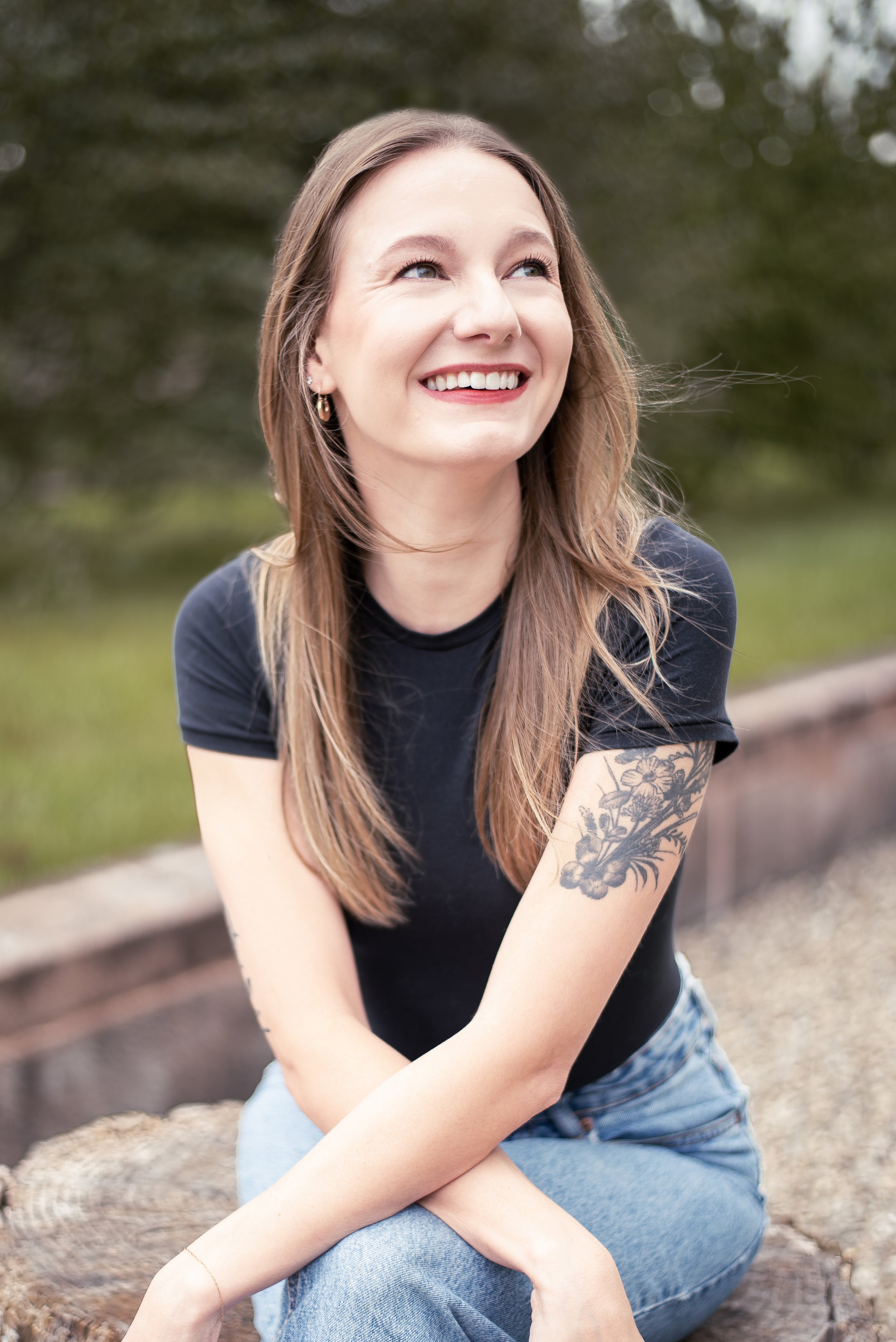
Emily Venturella, Educator
About
Emily Venturella is a soprano currently pursuing her DMA at the University of Illinois, under the tutelage of Professor Yvonne Redman. Emily earned her Master of Music degree from the University of Kansas where she studied with Drs. Julia Broxholm and Genaro Mendez. Emily also holds a Bachelor's degree in Psychology from the University of Massachusetts, Boston, and attended the Boston Conservatory where she studied with Sara Goldstein. As a performer, she has experience in musical theater and contemporary styles, though she specializes in classical chamber music, opera, and art song.
Emily has received training in vocal pedagogy with Professor Yvonne Redman (University of Illinois, Urbana Champaign), as well as Dr. Melissa Grady (University of Kansas). She uses her substantial knowledge of vocal anatomy, vocal health, repertoire selection, and acoustics in her teaching. Additionally, she has completed the first and second courses of Estill Voice Training (with plans to later pursue certification). She combines her training and performance experience with her background as a dancer and yoga practitioner to approach the teaching of singing holistically.
Emily maintains a studio of non-music major singers at the University of Illinois, Urbana-Champaign as a graduate teaching assistant, and is an adjunct instructor of voice at Millikin University in Decatur, Illinois where she primarily teaches musical theater and CCM styles. As a teacher, Emily believes in meeting students where they are and helping them meet their own goals for music learning. The teacher-student relationship is a collaborative partnership in her studio. Emily believes that the best kind of singing is healthy singing.
Emily is a member of the National Association of Teachers of Singing.
Teaching Philosophy
My teaching philosophy can be summed up in one phrase: the celebration of individuality. I do not believe that there is one, perfect way to be a singer. The road to becoming a singer is rarely a straight line. I do not believe that there is, or even should be, one perfect sound. Instead, I think that the elements of my students’ voices, backgrounds, and interests should be integrated so they can become the individual artists they were meant to be.
As a voice teacher, I believe it is my duty to help students find what makes their voice unique and guide them as they develop the skills necessary to sing healthily and joyfully for the rest of their lives. I believe that without healthy singing, there cannot be longevity. The best way to make sure my students can spend their lives singing is to increase their vocal literacy. As such, I spend time introducing students to the anatomical mechanics of their voice. It’s important that students know exactly what is happening when they sing so that they can learn how to healthily project, phonate, and perform. As a long-practicing yogi who has also benefited from Alexander Technique classes, I spend time helping my students develop a strong mind-body connection through breath work, gentle stretches, and kinesthetic awareness-building exercises including mindfulness body scan meditations and gentle proprioception development challenges.
I strive to make my studio and classroom a safe and inviting place. As such, I believe it’s important that students feel respected, validated, and seen. As such, I refer to voice types in terms of registration, rather than by their traditional gendered association.
I believe it’s important that students feel represented by the repertoire chosen for them. As a performer and researcher with a vested interest in researching female composers who have been neglected by the traditional conservatory canon, I strive to include compositions by BIPOC, female-identifying, LGBTQ+, and non-binary composers in my students’ repertoire. Students can expect to learn art songs by composers such as Amy Beach, Undine Smith Moore, Josephine Lang, and Aaron Copland. From the musical theater repertoire, students might learn music by Jeanine Tesori, Georgia Stitt, Stephen Sondheim, or Michael R. Jackson. Representation of composers outside the traditional, Western canon can change the dialogue and help end the hegemony of white, male, European composers. In other words, I view my work as a voice teacher to be one of quiet, and affirming, activism. It is my responsibility to be an anti-racist, supportive person in my students’ lives. When they feel seen and heard, they can feel safe to take risks, explore, and be vulnerable in a collaborative learning space with me.
I also believe that the future of singing and singing pedagogy will see the end of the Classical vs. Musical Theater divide. I truly believe that cross-training is key to ensuring that both fields of vocal study continue to thrive. Students who prefer one genre over another can benefit from learning the techniques, styles, and history of other genres. I believe that introducing my students to a variety of music will ultimately make them more well-rounded and better equipped to find what they enjoy singing and where they think they shine most.
As a teacher, I choose to lead with understanding and kindness. I view my students as collaborators, as we are both learning from each other, in one way or another. They arrive in my studio or classroom with a certain expectation of what they’d like to learn and how they’d like to grow. I strive to meet them where they are, help them build confidence and skills, and then send them back into the world prepared with the skills they need to sing with their own, beautiful voice.
Student Feedback